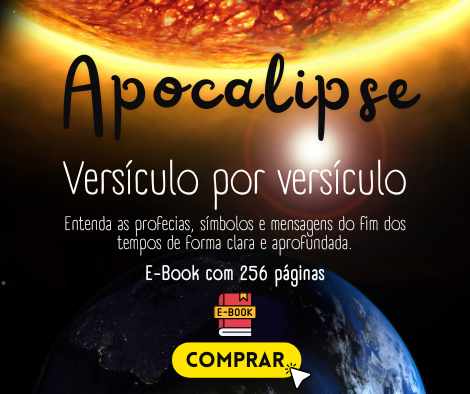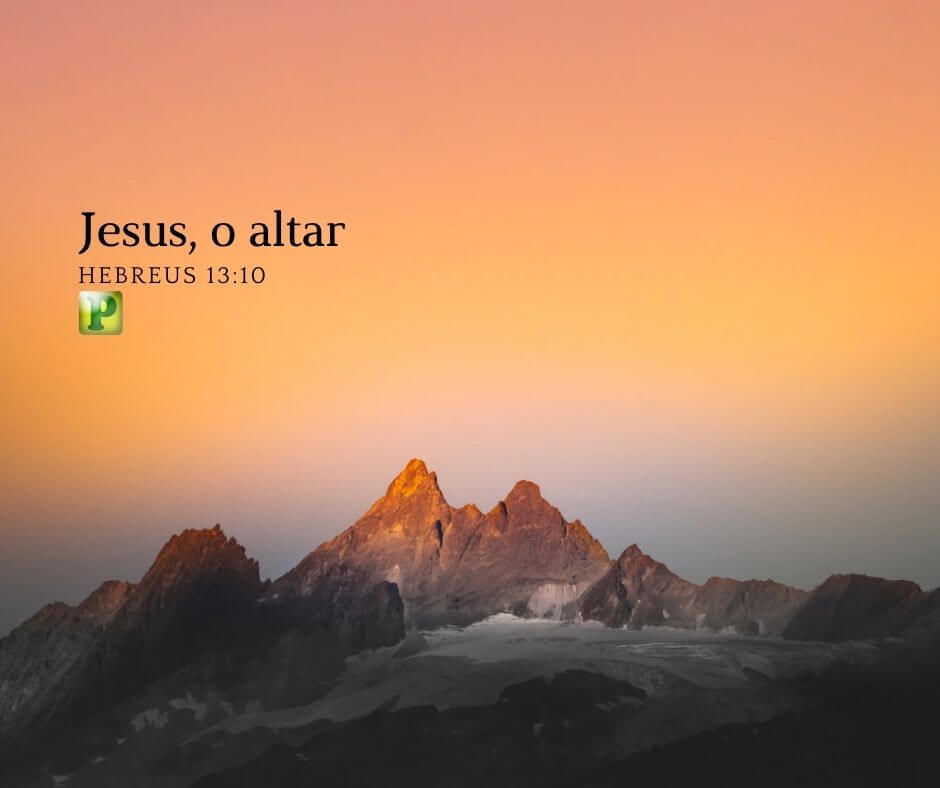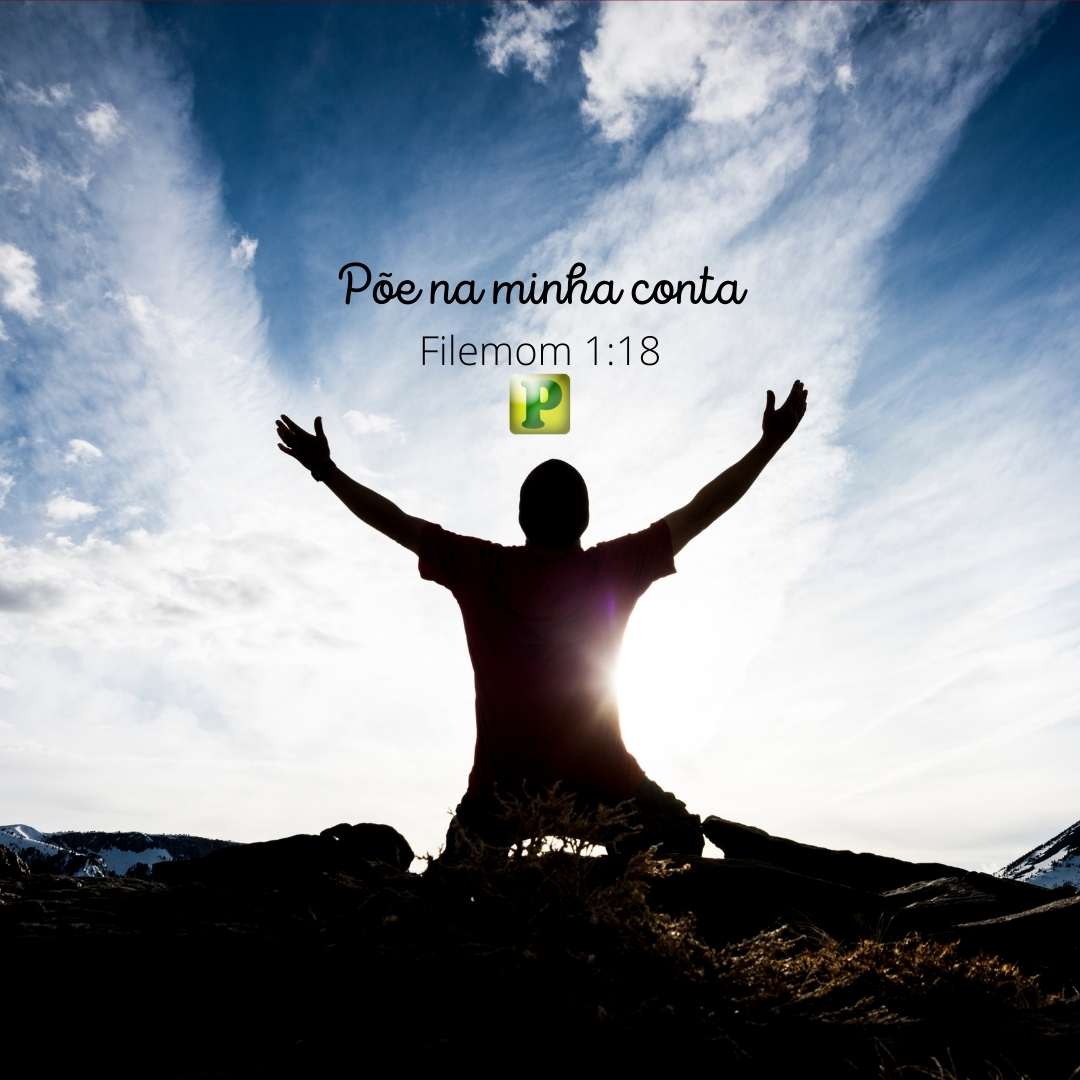The five attitudes of Moses – Preaching
Preaching Outline on Hebrews 11:24-27 – By faith Moses, when he was great, REFUSED to be called the son of Pharaoh’s daughter. CHOOSING rather to be ill-treated with the people of God, than for a little while to have the joy of sin; having the reproach of Christ for greater riches than the treasures of Egypt; for he had in view the reward. By faith he left Egypt, NOT fearing the king’s wrath; for he stood firm, as seeing the invisible.
Development
There was a sculptor who, while carving a statue he called the Statue of Moses, realized that the work of his hands was so well done that he thought it might even speak. So he addressed it saying: “This is Moses!”
When we read this text about Moses’ faith, we find five attitudes he took by faith, which marked his life and led him to have his great experience with God. In fact, Moses teaches us with just five words, which represent his steps, how we too can have our great experience of an encounter with the Lord. It is not Moses, but the Holy Spirit, who speaks to our hearts.
1ST – REFUSE
- Refusal can only be made when a comparison of values is made. What was Moses comparing? – The palaces, the treasures, the banquets, the armies of Egypt… he had everything in his hands to conquer the world of his day. Moses would probably be Pharaoh’s replacement in Egypt, as he was the (adopted) son of Pharaoh’s daughter. It was impossible, in the light of reason, to imagine how he could refuse all this.
- But Moses’ assessment of what he had in his hands took into account the satisfaction of his soul. His soul’s desires were above everything that was in Egypt, because everything there only gave him the “joy of sin”, which was momentary and fleeting.
- To give an example of the momentary enjoyment of sin that Egypt brought him: “A few years ago, an archaeologist was passing through a market in Cairo, the capital of Egypt, and, seeing an archaeological piece in the hands of a boy at a market stall, he bought it for a derisory sum. When he researched the piece, he discovered that it was a scepter used by an ancient Pharaoh”. There was the passing value of the riches that Moses refused.
- What Moses refused was because the longings of his soul could not be satisfied by earthly and passing values, but by eternal values. Moses’ nobility lay in the fact that what he wanted was higher and more elevated than what was available to him.
- “Being already big” – a conscious refusal, without the interference of father or mother, friends, other people’s concepts, etc. This, then, is the first attitude of Moses that teaches people like you young people who are here today, “already big” enough to take all this into account.
2ND – CHOOSE
- Choice is something that motivates life, it is an imperative of life. It is a conscious act and in it we show what we really are and how we position ourselves in our decisions, in short, what we want. The choice cannot be imposed, but must be voluntary and spontaneous. That’s why it’s a conscious act.
- Refusal and choice go hand in hand. If, on the one hand, understanding Moses’ refusal is difficult enough, on the other hand, understanding his choice to be “mistreated with the people of God” is even more difficult, since he would now be exchanging the throne of Pharaoh that was waiting for him for the lashes of the Egyptians on the Hebrews, who were treated like slaves in those days.
- The mistreatment of God’s people is fleeting (Paul speaks of it as “light and momentary tribulations”), because the Lord guarantees us victory right away, when we “die with Christ” and we can be assured of the eternal joy of the soul, but the sufferings of the “joy of sin” are eternal and only guarantee death, because dying without Christ is eternal torment for the soul (Paul said: “If we suffer with him, we will reign with him”). This was the reward that Moses “had in view”.
- Those who are in the greatest palaces don’t have the joy that a servant of the Lord has here in this life, even if he is the simplest person on earth. The joy of sin is fleeting, but the joy of salvation is lasting and eternal.
- “The vituperation of Christ” – The word vituperation means shame. It was what the Lord Jesus faced so that the shame of our sin could be covered. This speaks of Christ’s passion, his death for love of us all. When we choose to die with Christ, we don’t experience the eternal shame of sin, but we take possession of the joy of salvation and the riches of the reward that comes from the Lord (Paul exclaimed: “If we die with him, we will live with him”).
3RD – LEAVE
- This word (leave) meant for Moses a visible act resulting from his refusal and consequent choice, which were invisible acts. Refusing Egypt but remaining there meant death for him, because Pharaoh wanted to kill him. There is a death sentence in the world against the servant of the Lord, who, if he does not leave the things of the world, will surely die.
- If it were by reason, what Moses left behind in Egypt, then he would be leaving behind: riches, human glory, banquets and feasts, armies and power, etc. But by faith, what he actually left behind was: the fleeting joy of sin, which only brings sorrow to the soul and not joy, a kingdom whose glory is completely gone, for what is Egypt today? Not even the Egyptian language of that time exists anymore, the culture of ancient Egypt is also gone, so that no one can restructure it anymore.
- This is also what the Lord Jesus refused and left behind when the world and its glory were offered to them. Instead of fleeting joys, he saw eternal sorrows, pain, discord, war instead of peace, darkness instead of light and so on.
- To leave Egypt is to completely disengage from everything that exists there, to disconnect from all involvement with Egypt (Paul said: “The world is crucified to me, and I to the world”).
4TH – DON’T FEAR
- Pharaoh threatened Moses with death: “When you see my face, you will surely die”.
- As servants of the Lord, we live in a world full of threats. Threats and persecutions such as being called: tacky, square, old-fashioned, a church fanatic, etc. We need not fear, because our victory comes from the Lord.
- The “wrath of the king” is the judgment of the world. It judges us by condemning us. But the Lord is the one who deals with us justly.
- We are not afraid when we are aware of the nobility of our choice. Which is more noble and less shameful: the servant coming home from church at 9 or 10 o’clock at night with his Bible in hand, or the neighbor’s daughter arriving at 2 or 3 o’clock in the morning with her boyfriend? The servant leaving home at 5:30 in the morning to go to church at dawn, or the neighbor arriving at the same time drunk from partying with his friends? Which is more noble?
5TH – STAND FIRM
- Moses’ refusal and what he left behind was something visible. However, as a reward from the Lord, he was given a privilege that no man has ever had in all of human history: to see God face to face, to speak to him mouth to mouth and to see the Glory of the Lord pass before him. Moses saw the invisible. “He stood firm, as seeing the invisible”.
- He has rejected the material, the visible and the fleeting, but in return he can see the spiritual, the invisible and the eternal.
- His response to Pharaoh’s threat was: “You said it, I’ll never see your face again”.
- This is also the response that the Lord wants his faithful servants to give to this world, because this will make them stand firm until the end, when the Lord Jesus returns: “What eye has not seen, ear has not heard, and has not entered the heart of man, is what the Lord has prepared for those who love him”.
Preaching Outline on Hebrews 11:24-27 – By faith Moses, when he was great, REFUSED to be called the son of Pharaoh’s daughter. CHOOSING rather to be ill-treated with the people of God, than for a little while to have the joy of sin; having the reproach of Christ for greater riches than the treasures of Egypt; for he had in view the reward. By faith he left Egypt, NOT fearing the king’s wrath; for he stood firm, as seeing the invisible.
More Preaching Outlines
- Matthew 13:44 – For his sake…
- Invitation and rejection – Luke 14:17
- Preaching Outline – Jeremiah 15:16






